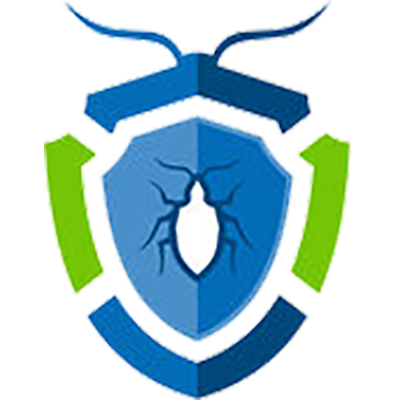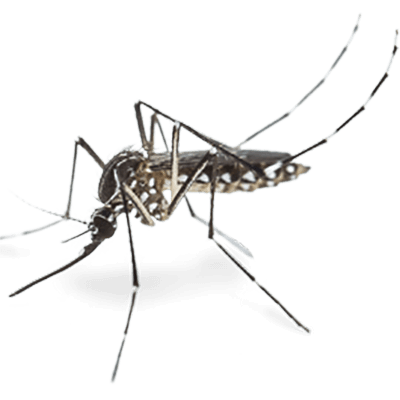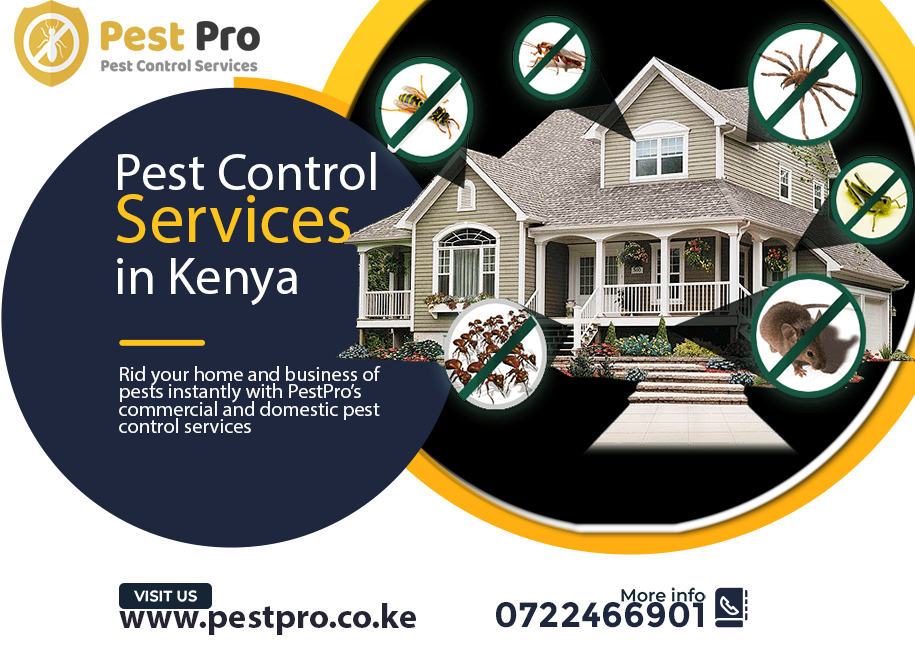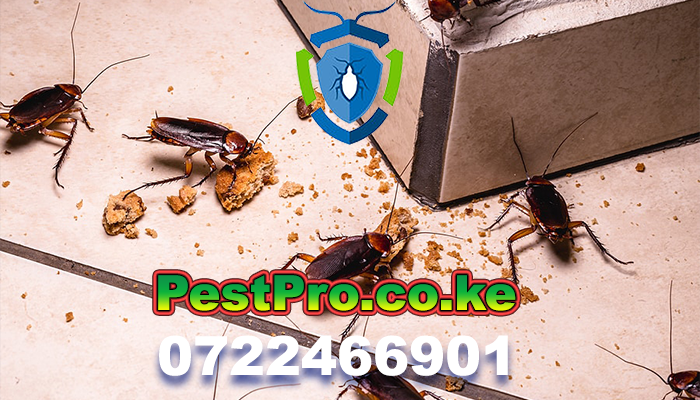Pest Control Nairobi Kenya
Pest Control and Bed bug control services in Nairobi Kenya : Insects, rodents and wildlife all serve a useful purpose in nature, however, they aren’t particularly welcome in our homes. Our library of articles will help you keep nature where it belongs, outside. Whether you need to kill roaches, spiders and ants or you need to get rid of gophers, raccoons and keep deer out of your garden, we can help.








